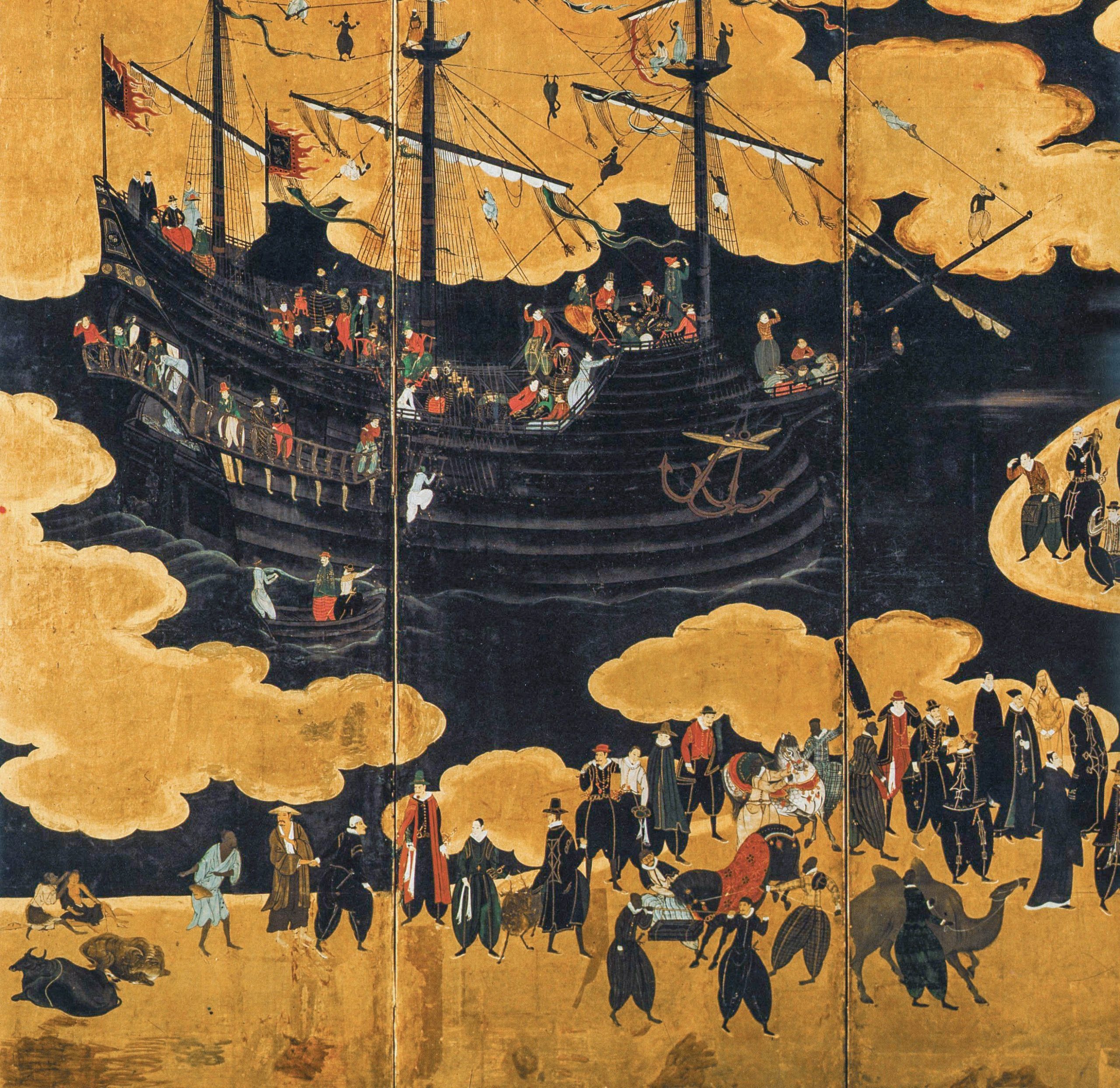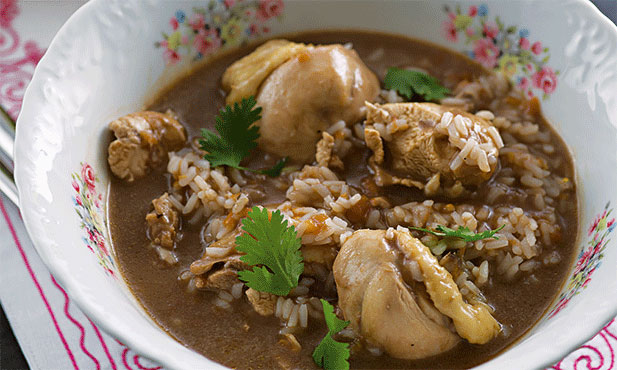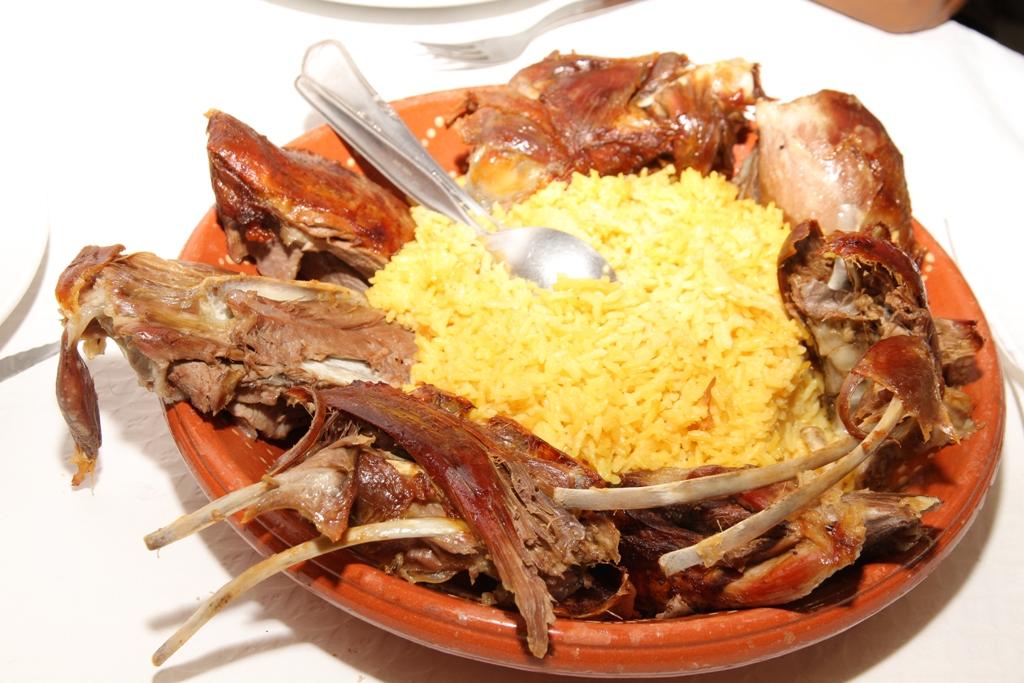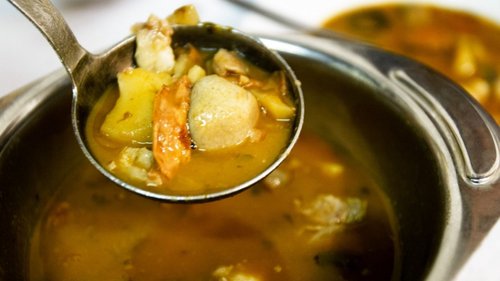Five Portuguese recipes with funny names
Besides the sun, Cristiano Ronaldo and Port wine, Portugal also offers a huge and diverse gastronomy. Get to know five traditional recipes with a curious funny name.
Top five traditional Portuguese recipes with a funny name
Garden fishes (“Peixinhos da Horta”)

The name may get you fooled, but this dish does not have any fish. Portuguese Peixinhos da Horta consists of fried green beans. This beloved and popular recipe in Portugal was created to conserve food on board of Portuguese ships, that starting on the XV century were launched to sea and marked one of Portugal most important history chapters, the Portuguese discoveries. Not only it kept sailors happy and fed, but also were responsible for the creation of now a day’s Japanese tempura!

Old rags (“Roupa velha”)
Again, a misleading name, Roupa Velha is actually a codfish dish (being from Portugal, what a surprise!).
Traditionally this dish has been made on the 25th of December, and it was created as a way to use the Christmas supper leftovers. Throughout Portugal, Christmas supper consists of boiled salted codfish with boiled potatoes and boiled green collards/eggs/carrots. Portuguese households are used to make the most of every preparation, and so not to waste good food, they created this dish, by sautéing the leftovers in olive oil and garlic.
Poked in the ground rice (“Arroz de pica no chão”)
The rice for this next dish was not poked from the ground, but the name is a reference to the animal protein used to prepare it.

Arroz de pica no chão or Arroz de cabidela is a Northern Portugal dish, from the region of Minho. Traditionally served on that region, to make this dish range free chickens from 3 to 4 months old are used, only fed using corn, collard greens and other vegetables. A rich chicken rice stew using the blood of the animal and vinegar, this dish a rich but distinct taste that influenced variations throughout the world, like in Brazil, Cape Verde and Mozambique.
Monção fuck (“Foda de Monção”)
Pardon our French on this one, but this double sense name has a curious story.

From the region of Minho, the inhabitants of the walled city of Monção that did not possess cattle used to go for a town fair to buy live animals. Like everything not every animal was exactly a good buy, so the farmers would put salt on the slimmer animals to get them to drink a lot of water, thus increasing their size, visually making them “fat”. The unwary buyers that would buy these authentic “water bags” would later realize that they we re deceived and they would say “fuck me”, hence the Monção fuck.
Stone soup (“Sopa da Pedra”)

Another traditional Portuguese dish in which history gets confused with myth. Story says that this dish started with a monk. One time while he was asking for donations door to door, one farmer refused. Hungry and smart, the monk grabbed a rock from the ground, clean it a bit and said that he would do a broth with the rock. The farmer laughed, but the monk insisted and asked them to borrow a pan for him to cook the broth. While he was boiling the water, and with the disbelief of the farmer he asked for some potatoes, because with those the rock broth would be much better. The farmer gave him the potatoes. Little by little the monk ended up asking for cabbage, carrots and some chouriço, with the farmer always bringing him everything. In the end, the monk presented a complete soup, which the farmer ate with pleasure. In the end only the rock remained in the bottom of the pot. The farmer asked what would the monk do with the rock, for which the monk replied, “I will clean it and save it for another soup!”.
Never judge a plate by his name!
Book one of our cooking classes and learn much more about traditional Portuguese food and recipes! Click here to know more or go to https://compadrecooking.pt/


